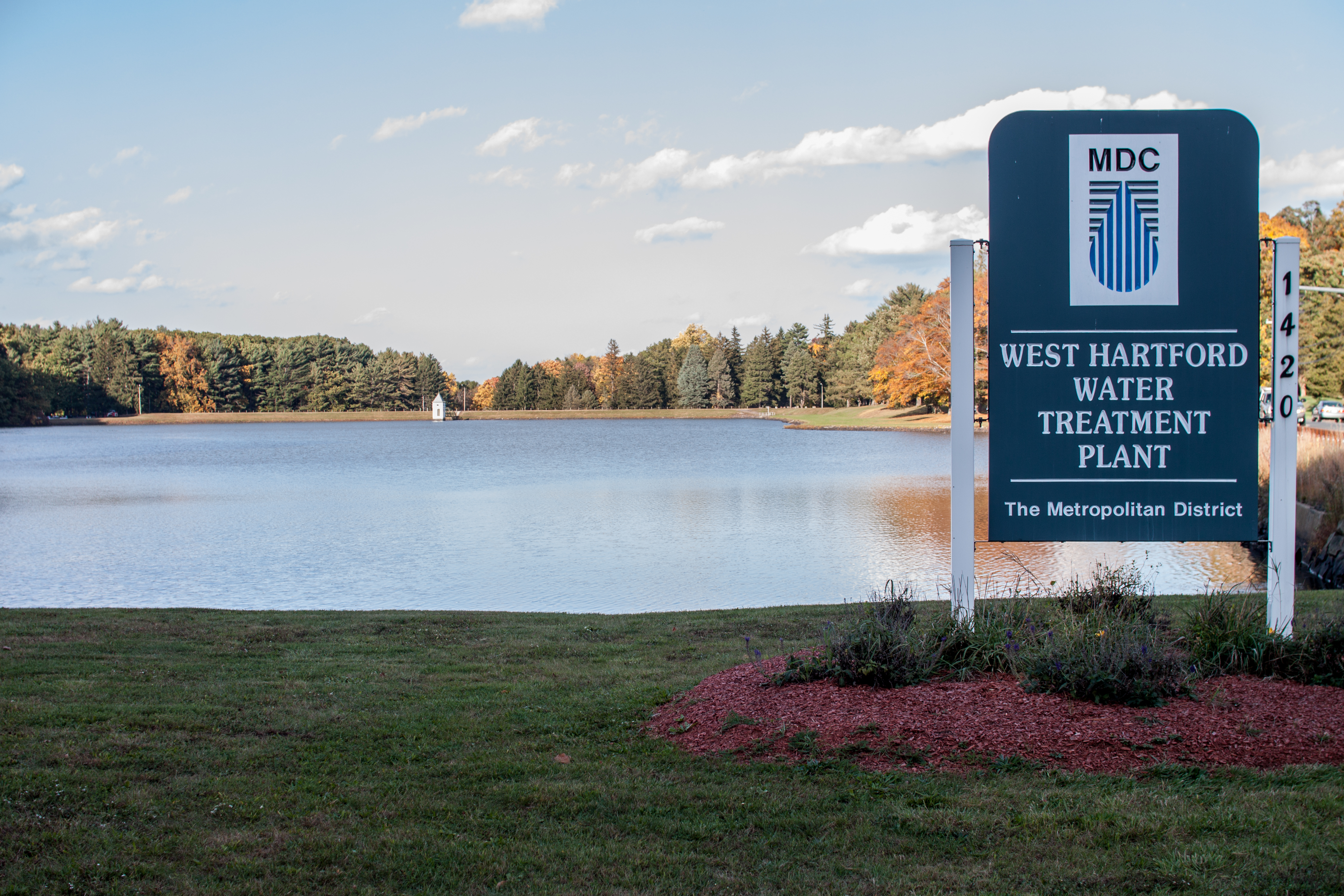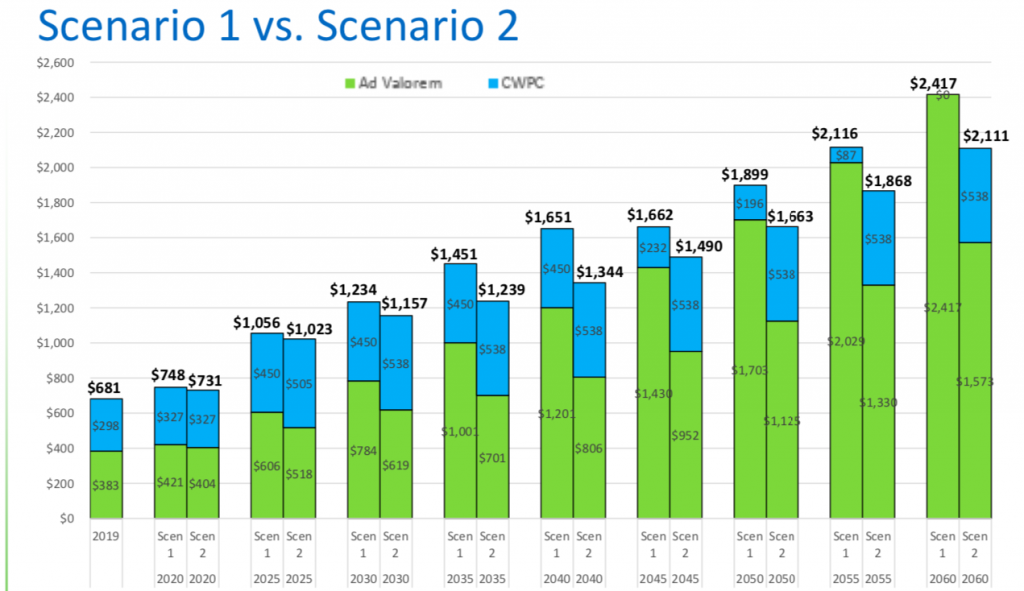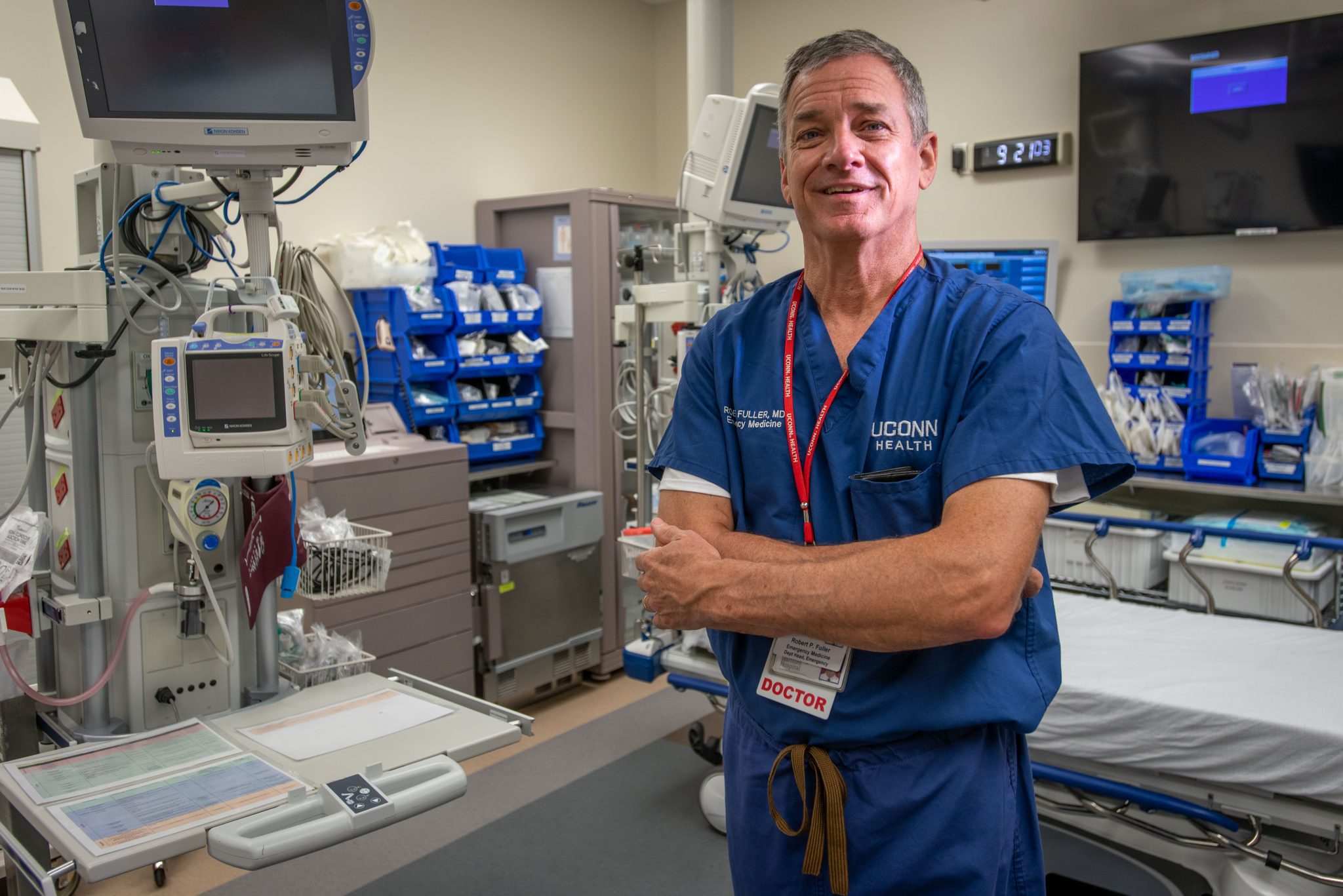West Hartford Town Council Votes to Endorse MDC’s Integrated Planning Approach

Audio By Carbonatix

West Hartford Reservoir No. 1. Courtesy of MDC (we-ha.com file photo)
West Hartford joined the Metropolitan District Commission’s other seven member towns in endorsing the Integrated Plan as a preferred approach for controlling and reducing combined sewer overflows and sanitary sewer overflows.
By Ronni Newton
The West Hartford Town Council voted unanimously Tuesday night to approve a resolution endorsing the Metropolitan District Commission (MDC) “Integrated Plan” to work collaboratively with member towns to repair and replace existing systems as part of its long term control plan and to comply with the Clean Water Project (CWP).
The CWP, which is a federal EPA and Connecticut Department of Energy and Environmental Protection (DEEP) mandate, is intended to reduce sewer discharges in to the Connecticut River and other bodies of water – and involves an estimated $2 billion-plus upgrade of the MDC’s wastewater collection and treatment systems.
MDC Communications Administrator Nick Salemi told We-Ha.com that the integrated plan will allow the MDC to use funds to repair existing infrastructure rather than achieve compliance with the CWP goals by the more expensive option of building a northern tunnel to handle the sewer overflows. The integrated plan will spread the costs out of a longer period of time, could avoid costly emergency repairs, and will result in overall savings as well, Salemi said.
The MDC presented the integrated plan to the Council during a special meeting held on Feb. 13. The PowerPoint presentation from that meeting can be found as a PDF below.
The video below, provided by Salemi, further explains the integrated plan.
In proposing the resolution Tuesday night, Town Manager Matt Hart told the Council Tuesday night that the integrated plan will not only cost less on an overall basis, but will shift much of the financing to clean water project revenues and away from the sanitary sewer tax, thereby keeping it out of the ad valorem tax levied on member towns. In addition, he said, the tunnel alone would not likely eliminate the town’s need to update and build out its own infrastructure.
During the public comment session prior to the start of the meeting, resident Rick Bush addressed the Council to voice his support for the integrated plan based on a detailed analysis of the project – and firsthand experience with a major failure of the existing system.
Bush, who lives on Linbrook Road, had about 4 feet of water – dirty water – in his finished basement the morning of Oct. 3, 2018, when a sewer liner failed following a period of heavy rains. More than 800 homes discharged storm water into the trunk line that runs down Linbrook Road, Bush said, completely overwhelming the system.
Since then, he has spent countless hours learning about the MDC’s operations and West Hartford’s problems with storm water infiltrating its sanitary sewer system – something for which the town has been cited as far back as 1967, long before it became an MDC member town in 1984.
Not only does the MDC have the responsibility of meeting CWP goals, but the town must also comply with an MS4 mandate to improve the discharge into bodies of water. “It is not a glamorous project and it is not an easy project,” Bush said, and the longer we wait to deal with it the more expensive it will become to fix the town’s inadequate infrastructure.
Bush said the MDC has learned that using an integrated plan will fulfill the mandate to eliminate storm sewer overflows not by building redundant and expensive storage facilities like the originally-planned northern tunnel, but rather by addressing overflow caused by aging infrastructure – a plan that is also more affordable for MDC customers.
The integrated plan will “reduce infiltration and inflow by removing stormwater at the point of origin, from leaky pipes, people’s homes, catch basins, and yard drains,” reducing overflow into the Connecticut River, and will also benefit the Town of West Hartford to identify its priorities and piggyback on the MDC’s work, coordinating efforts to fulfill the town’s MS4 responsibilities, Bush said.
Bush, who ran for the Town Council as a Republican last fall, added that the CWP charges are use-based, which is a much fairer way to charge than ad valorem, and will ultimately cost less.
“This is the most fair way to pay and one that will allow West Hartford to achieve a resolution for all its residents, proactively comply with MS4 mandates, and save a lot of taxpayer money,” Bush said.
“I am recommending that the Council adopt this resolution,” Hart said.
In his written summary of the resolution to the Council, Hart said, “Looking at the MDC’s cost projections, the differences are significant over time. Between 2020-2025, the projected annual household bill for sanitary sewer service would increase by $185 or 44% for the northern tunnel approach (scenario 1) compared to $114 or 28% for the integrated planning model (scenario 2). Between 2025-2030, the projected annual sewer bill would increase by $178 or 29% for scenario 1 compared to $101 or 19% for scenario 2. Over the life of the project (2020-2060), the projected annual sewer bill would increase by $1,996 or 474% for scenario 1 and by $1,169 or 289% for scenario 2.”

Town of West Hartford
Hart added that as part of the resolution under consideration by the Council, an important caveat was crafted by Cooperation Counsel Dallas Dodge, adding the following wording: “that the Town Council supports the concept of incorporating integrated planning in the Long Term Control Plan for the Metropolitan District Commission (MDC), with the specific understanding and expectation that approval of such plan by the Connecticut Department of Energy and Environmental protection shall in no way prevent or impede the ability of the MDC to eliminate or reduce the tax levied by the MDC on its member municipalities in favor of a volumetric-based sewer user charge.”
For years West Hartford has been advocating for the MDC to convert from charging for sewer usage through an ad valorem tax on the town’s property values to a usage-based system, and the endorsement will not hamper those efforts, Hart said.
Council members, prior to voting unanimously in support of endorsing the integrated plan, also praised Bush for his passion, research into the plan, and advocacy for it as a better solution.
Former minority leader Denise Hall, who is now an MDC commissioner, also emailed Council members indicating her support fo the integrated plan.
“Rick was spot on with the immediate need – to get storm water out of our sewer lines,” Deputy Mayor Leon Davidoff said.
Republican Chris Williams said while he supported the plan, it would have been easier had the MDC not damaged its credibility over issues like the the proposed discount for Niagara.
One of the drawbacks of being part of a regional system is we are somewhat removed, Mayor Shari Cantor said.
Investing in the sewer system is important, she said. “I do think this is the right way to go and we have evolved in our understanding of why.”
Like what you see here? Click here to subscribe to We-Ha’s newsletter so you’ll always be in the know about what’s happening in West Hartford!
